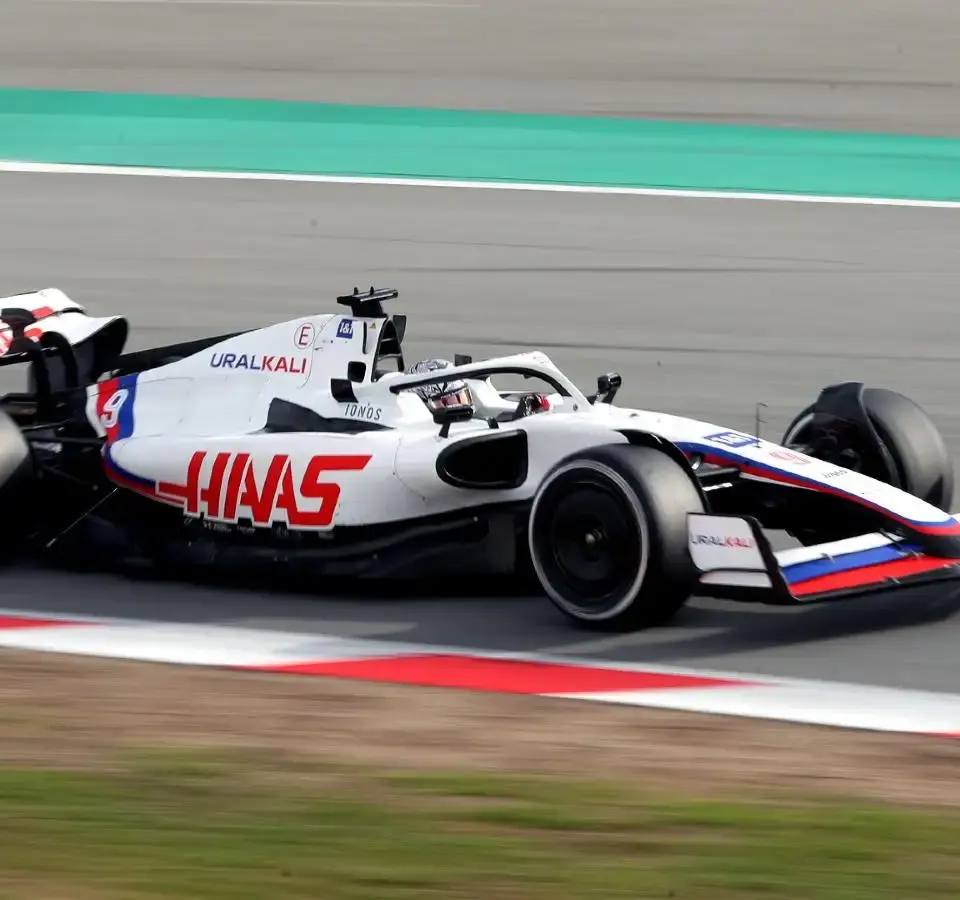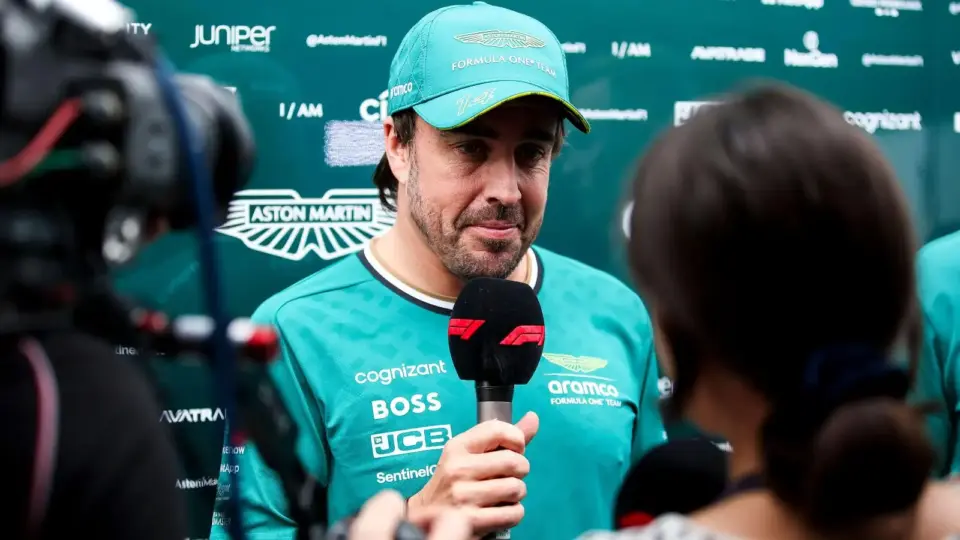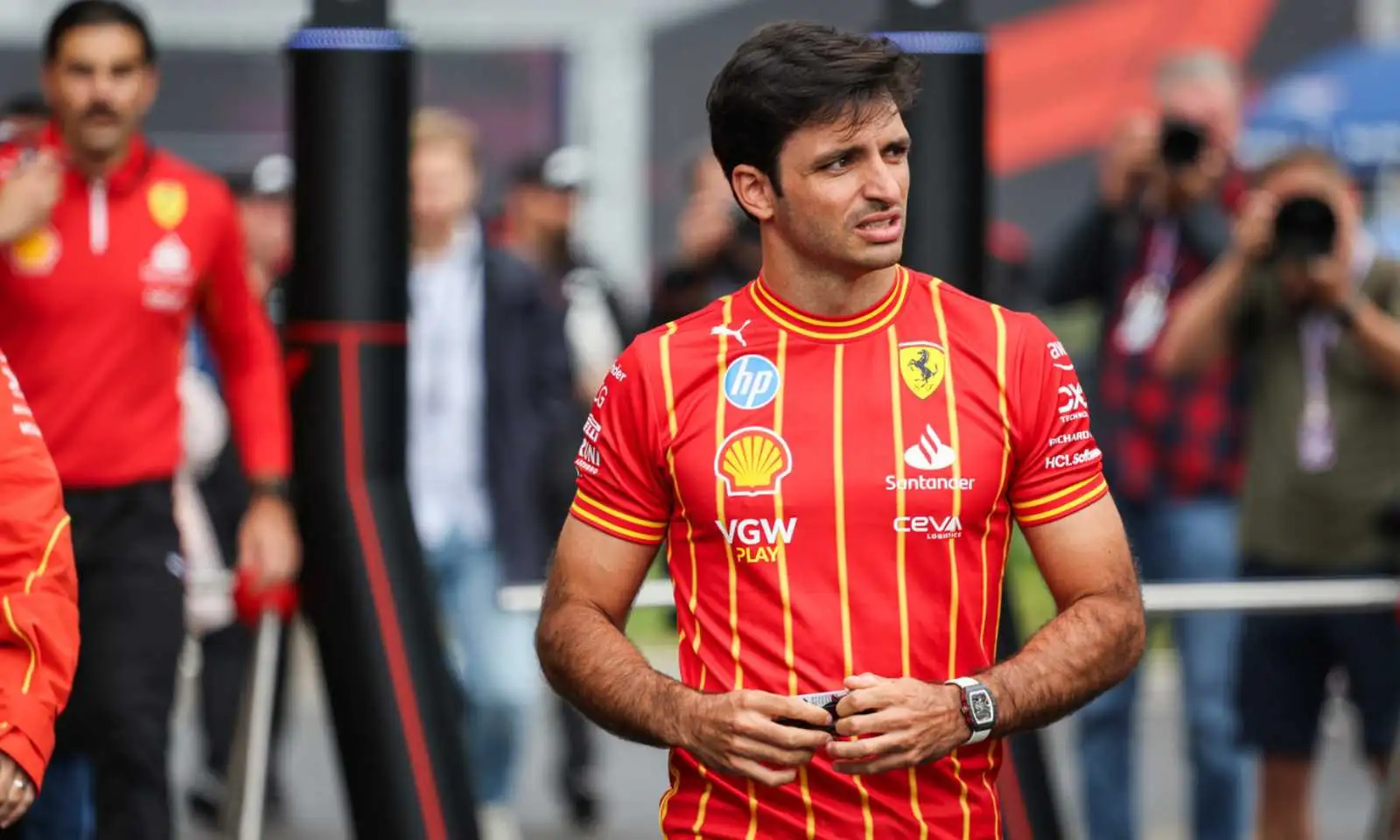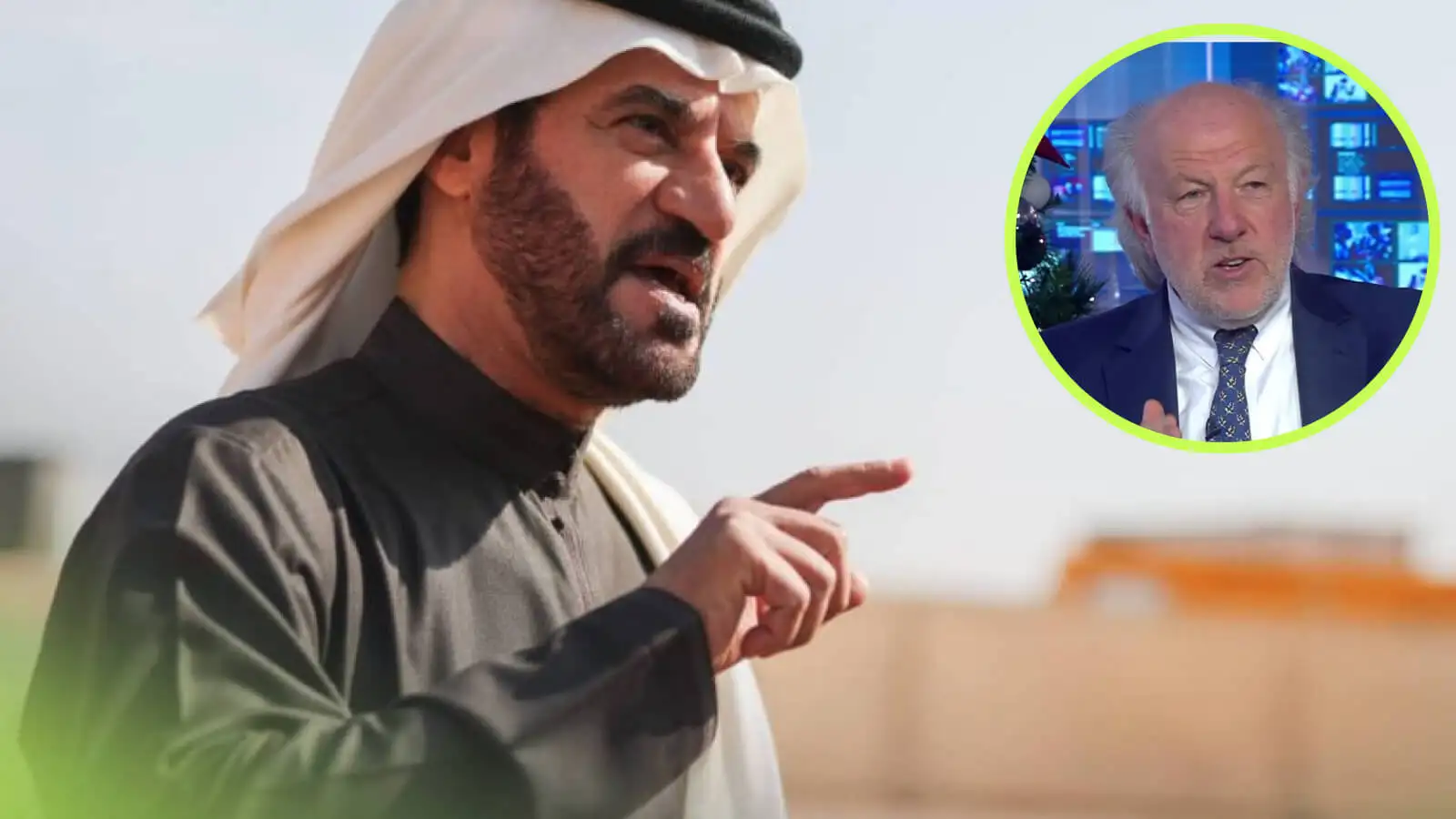In a surprising turn of events in the world of Formula 1, a Swiss court has ruled in favor of Uralkali, a former title sponsor of the Haas F1 team, following the team’s abrupt termination of the sponsorship amid geopolitical tensions.
The story dates back to early 2022 when the Haas F1 team decided to sever its ties with Uralkali, a major potash producer, right after the Russian military intervention in Ukraine. This decision also saw the team drop Nikita Mazepin, their Russian driver and son of Dmitry Mazepin, a Russian oligarch closely associated with Vladimir Putin. Both the Mazepins found themselves on EU’s and subsequently UK’s sanctions list, thanks to their familial ties with Putin’s administration.
Uralkali had entered the sponsorship scene with Haas in 2021 when Nikita Mazepin joined the team alongside Mick Schumacher. However, the political scenario quickly escalated, leading Haas to act swiftly in cutting ties with the Russian firm and driver, citing potential reputational damage as a key concern, especially given the sanctions that followed shortly after the termination.
Despite Haas’ reasoning, Uralkali did not take the termination lightly and pursued the matter through a Swiss arbitration tribunal. The tribunal’s investigation centered on the sponsorship contract’s termination and found that Haas had breached the agreement’s terms, mandating compensation to Uralkali. The tribunal went a step further by dismissing Haas’ counterclaims against the Russian company, indicating a clear verdict in Uralkali’s favor.
Uralkali’s claims mainly revolved around the reimbursement of approximately $13 million, which had already been paid to Haas for the 2022 season sponsorship. According to Uralkali, Haas had failed to fulfill its obligations since they terminated the agreement even before the first race of the season.
Haas defended its decision based on a contract clause designed to protect its public image, suggesting the Mazepin family’s sanctions and political ties had triggered this clause. However, the tribunal’s decision implied that this clause was not applicable at the termination time, as the sanctions were imposed later. Uralkali is now anticipating prompt payment from Haas, aiming to use the funds for enhancing its production facilities.
The resolution of this high-profile legal dispute underlines the complexities involved in international sports sponsorships, especially when political and public relations considerations come into play. This case serves as a reminder of the intricate legalities that can arise from abrupt contractual terminations and the potential financial repercussions.










